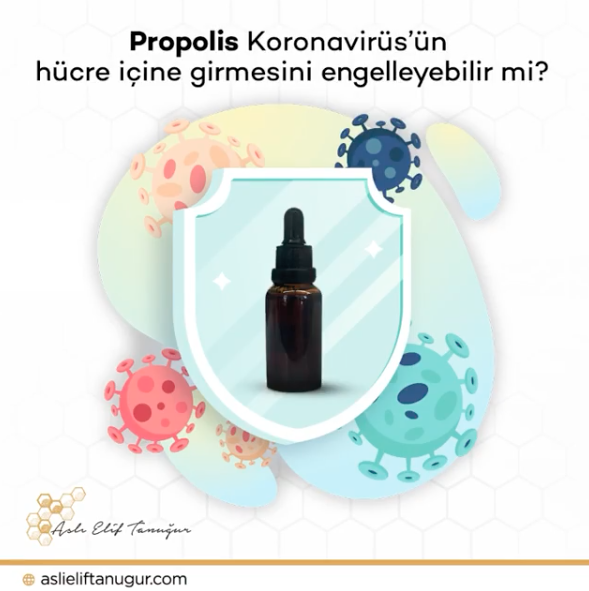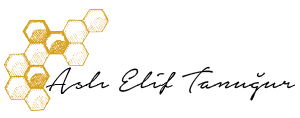 Recent reports demonstrate that the COVID-19 virus binds to the ACE-2 enzyme on the cell membrane, facilitating its entry. Then the virus leaves its RNA for multiplication, resulting in the development of pneumonia and many symptoms such as shorth breathing. So, a critical question is what compounds or drugs prevent the entrance of the virus into our cells. Many scientific studies propose that symptoms of viral infection can be reduced and controlled by blocking the ACE-2 enzyme binding sites. Is propolis capable of inhibiting the ACE-2 enzyme? "A scientific study conducted at Florida University in 2008 reported that ACE, the angiotensin-converting enzyme, is responsible for making ACE2 enzyme from ACE1 protein. In other words, it means that if there no ACE enzyme in the environment, there would be no ACE2 enzyme present in the cells. That means viruses cannot enter into the cells and multiply. This research proved that propolis could block the occurrence of ACE2 enzyme by inhibiting the ACE enzyme, and thereby, decreasing the risk of lung infection (1)."
Recent reports demonstrate that the COVID-19 virus binds to the ACE-2 enzyme on the cell membrane, facilitating its entry. Then the virus leaves its RNA for multiplication, resulting in the development of pneumonia and many symptoms such as shorth breathing. So, a critical question is what compounds or drugs prevent the entrance of the virus into our cells. Many scientific studies propose that symptoms of viral infection can be reduced and controlled by blocking the ACE-2 enzyme binding sites. Is propolis capable of inhibiting the ACE-2 enzyme? "A scientific study conducted at Florida University in 2008 reported that ACE, the angiotensin-converting enzyme, is responsible for making ACE2 enzyme from ACE1 protein. In other words, it means that if there no ACE enzyme in the environment, there would be no ACE2 enzyme present in the cells. That means viruses cannot enter into the cells and multiply. This research proved that propolis could block the occurrence of ACE2 enzyme by inhibiting the ACE enzyme, and thereby, decreasing the risk of lung infection (1)."
"Research carried out at the University of Burgos, Spain, in 2020 investigated bee propolis collected from different geographical areas and estimated the typical phenolic profiles and antioxidant capacities. Besides, its hyaluronidase and angiotensin-converting enzyme (ACE) inhibitory activities were assessed concerning those natural phenolic compounds. The results showed that every propolis contained p-coumaric acid and ferulic acid as phenolic structures and pinocembrin, catechin, caffeic acid phenethyl ester (CAPE), and galangin as main flavonoids. Propolis inhibited hyaluronidase inhibitory activity, responsible for the degradation of cartilage tissue as an indicator of the anti-inflammatory activity. Furthermore, the study demonstrated that propolis with higher amounts of catechin and p-coumaric acid gave higher values of ACE inhibition, showing a possible antihypertensive capacity of propolis."
References:
- 1. Bhadouria M, Nirala S, Jaswal A, Raghuvanshi S, Bhatt R, Shukla S, Propolis Therapeutic Perspectives Against Silica İnduced Toxic Manifestations, https://www.researchgate.net/publication/283545963_PROPOLIS_THERAPEUTIC_PERSPECTIVES_AGAINST_SILICA_INDUCED_TOXIC_MANIFESTATIONS https://www.researchgate.net/publication/283545963_PROPOLIS_THERAPEUTIC_PERSPECTIVES_AGAINST_SILICA_INDUCED_TOXIC_MANIFESTATIONS
- 2. Oses S, Marcos P, Azofra P, Pablo A, Muino M, Sancho T, Phenolic Profile, Antioxidant Capacities, and Enzymatic Inhibitory Activities of Propolis from Different Geographical Areas: Needs for Analytical Harmonization, Antioxidants 2020, 9, 75.
